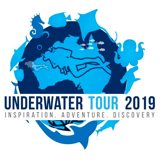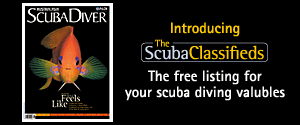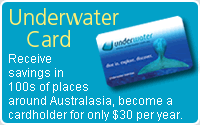- Home
- Directory
- Shop
- Underwater Cameras - Photographic Accessories
- Smartphone Housings
- Sea Scooters
- Hookah Dive Systems
- Underwater Metal Detectors
- Dive Gear
- Dive Accessories
- Diving DVD & Blu-Ray Discs
- Diving Books
- Underwater Drones
- Drones
- Subscriptions - Magazines
- Protective Cases
- Corrective Lenses
- Dive Wear
- Underwater Membership
- Assistive Technology - NDIS
- On Sale
- Underwater Gift Cards
- Underwater Art
- Power Stations
- Black Friday Sale
- Underwater Bargain Bin
- Brands
- 10bar
- AOI
- AquaTech
- AxisGo
- Backscatter Underwater Video and Photo
- BLU3
- Cayago
- Chasing
- Cinebags
- Digipower
- DJI
- Dyron
- Edge Smart Drive
- Eneloop
- Energizer
- Exotech Innovations
- Fantasea
- Fotocore
- Garmin
- Geneinno
- GoPro
- Hagul
- Hydro Sapiens
- Hydrotac
- Ikelite
- Indigo Industries
- Inon
- Insta360
- Intova
- Isotta Housings
- Jobe
- JOBY
- Kraken Sports
- LEFEET
- Mirage Dive
- Nautica Seascooters
- Nautilus Lifeline
- NautiSmart
- Nitecore
- Nokta Makro
- Oceanic
- Olympus
- OM System
- Orca Torch
- Paralenz
- PowerDive
- QYSEA
- Scubajet
- Scubalamp
- Sea & Sea
- SeaDoo Seascooter
- SeaLife
- Seavu
- Shark Shield
- Sherwood Scuba
- Spare Air
- StickTite
- Sublue
- Suunto
- SwellPro
- T-HOUSING
- Tusa
- U.N Photographics
- Venture Heat
- XTAR
- Yamaha Seascooter
- Youcan Robot
Reef Check Declaration of Reef Rights
Media Release: March 2007
Reef Check Declaration of Reef Rights One million needed to pledge action to save reefs
The International Declaration of Reef Rights has just been announced by the Reef Check Foundation to promote action to save the world’s ravaged coral reefs. A goal of one million signatures has been set, and the Declaration will be presented to the Heads of State of all 101 countries with coral reefs on December 31, 2008, as the culmination of the International Year of the Reef, 2008. Data collected over the past ten years by Reef Check, the world’s largest coral reef monitoring organization, shows that over-fishing, global climate change, pollution and sedimentation continue to damage the health of coral reefs worldwide. Although Australia’s coral reefs are among the best managed in the world, they are not immune to these threats. The Declaration asks signers to pledge to take practical action to stop human impacts on coral reefs such as choosing seafood that is caught in a sustainable manner and supporting reef-friendly hotels and tourism operations. “On a global scale we are winning some key battles but losing the war to save coral reefs,” said Gregor Hodgson, a coral reef ecologist and Reef Check Executive Director. “Many of the reefs I enjoyed 30 years ago have lost their living corals and are now sponge and algae reefs. The good news is that in cases where we stop abusing the reefs they can recover naturally.” According to Reef Check, the major problem facing coral reefs is the lack of public awareness about their incredible economic value and the crisis affecting their health. Coral reefs are located underwater, therefore only a fraction of the world has seen them. It is not widely known that the world has been losing about 5% of coral reefs per year over the past decade. Equally poorly known is the high economic value of coral reefs. The world’s largest industry, tourism, depends heavily on coral reefs. One in four tourist dollars spent in Australia is spent in Queensland, contributing $8.4 billion to our economy and employing more than 136,000 people. Reefs also protect the coast from storm damage and tsunami waves and are a food source for 500 million people worldwide. Most importantly, perhaps, is the possibility that a coral will save your life or the life of a loved one: more than a dozen new pharmaceuticals are currently being tested based on unique compounds found in coral reef organisms. A powerful anti-leukemia drug already on the market, Cytara, is derived from a reef sponge, and an anesthetic 10,000 times more powerful than morphine has been synthesized from the reef dwelling cone shell. Reversing the coral reef crisis is technically simple, but requires that a large number of people worldwide raise their voices and take personal action in united support of this mega-biodiversity ecosystem. Reef Check invites all people to sign the International Declaration of Reef Rights, both to convince governments and international agencies that the citizens of Planet Earth care about the world’s coral reefs and to give voice to our pledge to better protect this invaluable legacy for our children and for generations of ocean lovers to come.
The Declaration of Reef Rights may be signed by visiting http://www.reefcheck.org/petition/petition.php.
For further press information please contact Lauren Bird or Roger Beeden at Reef Check Australia via email, media@reefcheckaustralia.org, or telephone, (07) 4724 3950.
Reef Check Reef Check is a volunteer, non-profit organization set up by coral researchers following a meeting in 1996 where the global coral reef crisis was first discussed. Reef Check has been collecting data since the first International Year of the Reef in 1997 and is now active in over 82 countries and territories world wide.
It is Reef Check’s global mission: http://www.reefcheck.org.
• to educate the public and governments about the value of coral reefs and rocky reef ecosystems and the crisis facing them; • create a global network of volunteer teams, trained and led by scientists, that regularly monitor and report on reef health using a standard method; • facilitate collaborative use of reef health information by community groups, governments, universities and businesses to design and implement ecologically sound and economically sustainable solutions; • stimulate local action to protect remaining pristine reefs and rehabilitate damaged reefs worldwide especially through the creation of Marine Protected Areas.
Reef Check Australia is based in Townsville and coordinates Reef Check activities within Australia including the flagship Great Barrier Reef project and local Townsville project. http://www.reefcheckaustralia.org.
Contributed by Roger Beeden added 2007-04-11
![]() Login or become a member to join in with this discussion.
Login or become a member to join in with this discussion.

 QYSEA Australia
QYSEA Australia
QYSEA Australia - we are the exclusive distributor Fifish V6 and other fantastic underwater drones from QYSEA.
Shopfront
-
 Fotocore M15 PRO Photo/Video Light - 15,000 lumens
Fotocore M15 PRO Photo/Video Light - 15,000 lumens
- Price A$ 1,999.00
-
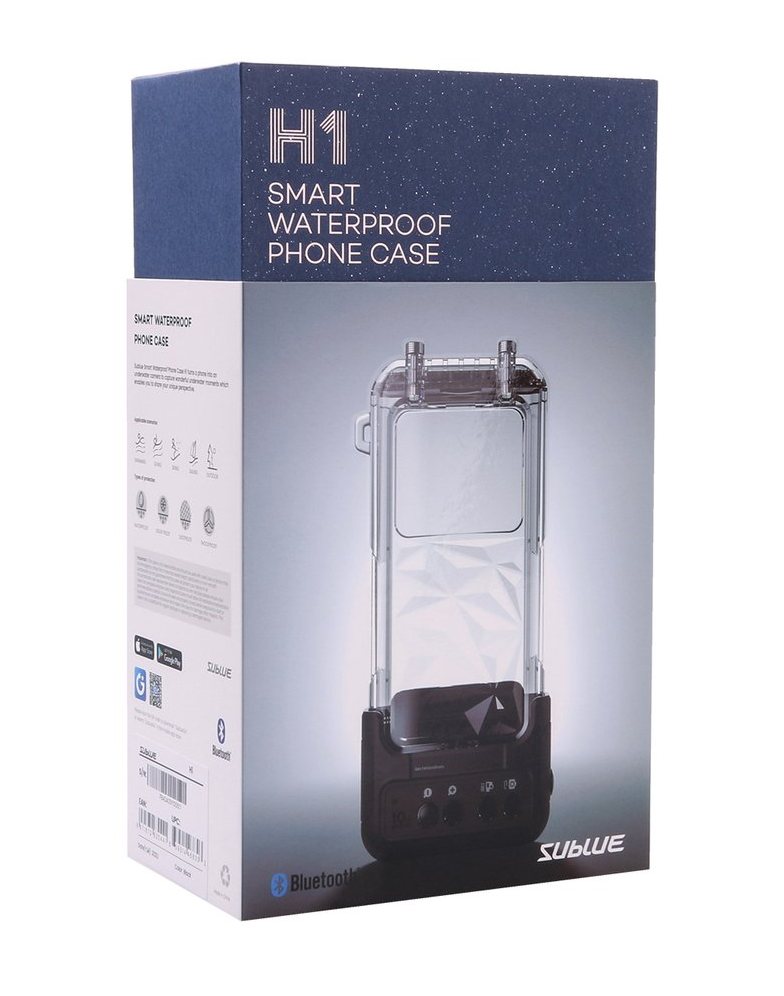 Smart Waterproof Phone Case H1
Smart Waterproof Phone Case H1
- Price A$ 189.00
-
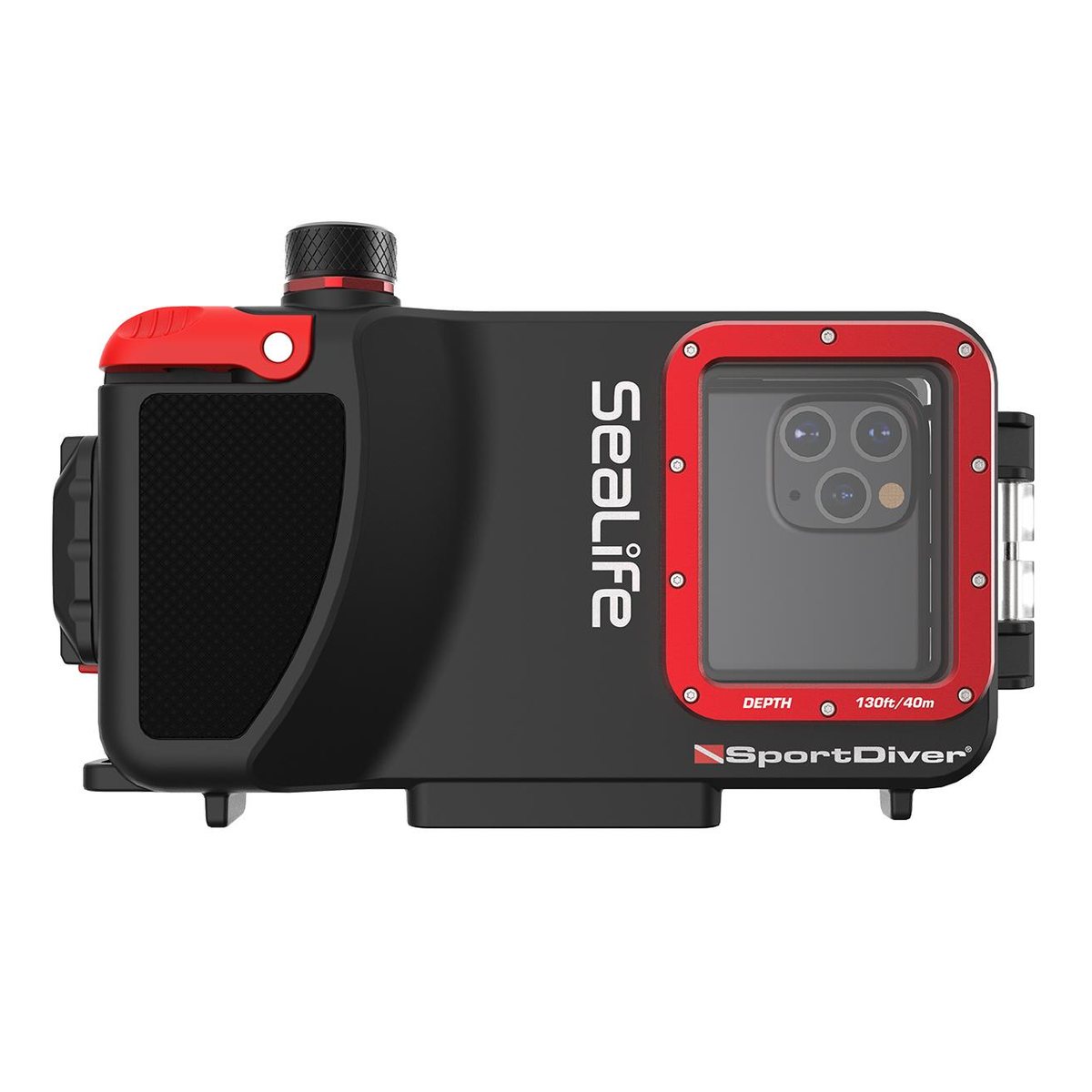 SeaLife - SportDiver Underwater Smartphone Housing
SeaLife - SportDiver Underwater Smartphone Housing
- Price A$ 599.00
-
 Venture Heat - Pro 32w Dive Vest Kit - V3
Venture Heat - Pro 32w Dive Vest Kit - V3
- Price A$ 1,249.00
-
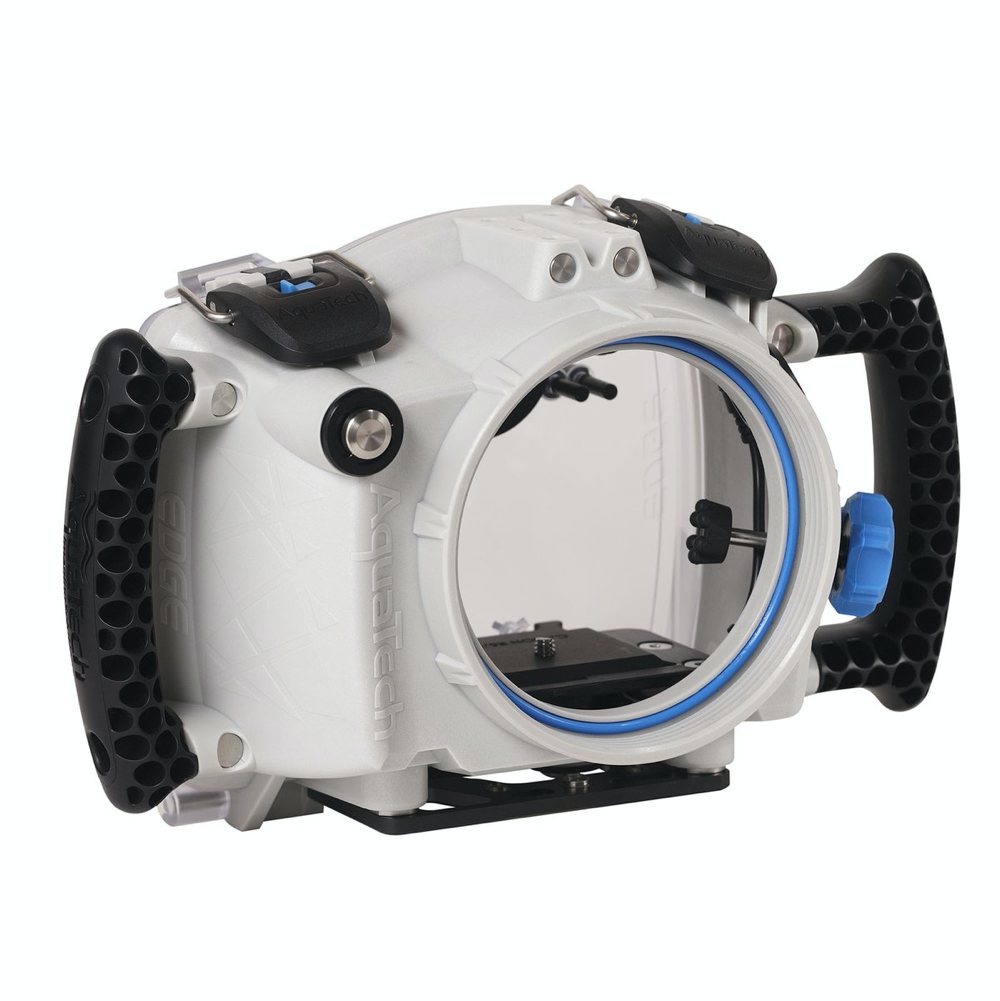 AquaTech EDGE Base Camera Water Housings - Nikon mirrorless
AquaTech EDGE Base Camera Water Housings - Nikon mirrorless
- Price A$ 1,249.00
-
 QYSEA Fifish E-GO - Next Generation Underwater Robot
QYSEA Fifish E-GO - Next Generation Underwater Robot
- Price A$ 11,999.00
-
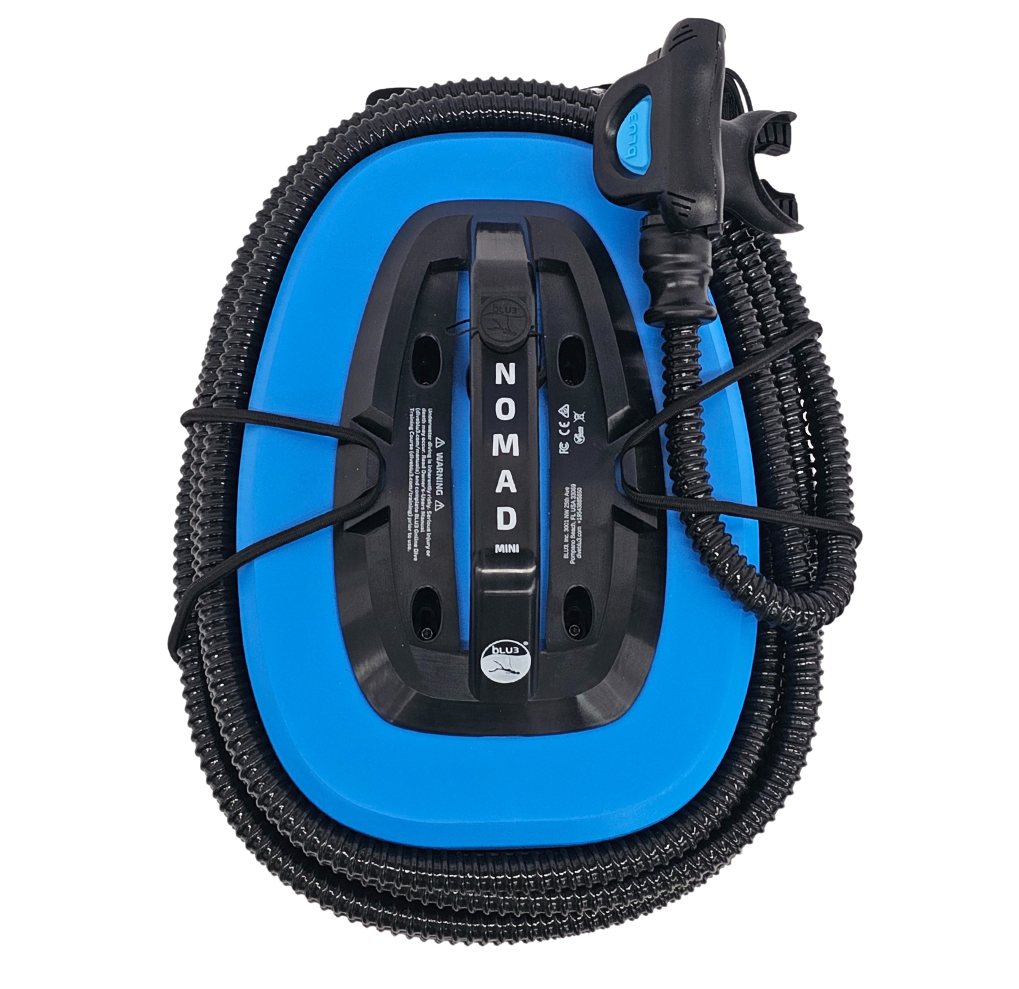 Nomad Mini by BLU3 - Compact dive system - 15 feet
Nomad Mini by BLU3 - Compact dive system - 15 feet
- Price A$ 2,549.00
Articles
-
 SCUBA School
SCUBA School
by Gerard
- 'OK, the first science block this year is Marine Science and we're going to be SCUBA diving as part of it.' This statement was well received by the 22 Year 10 students that sat in front of me
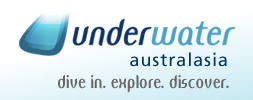


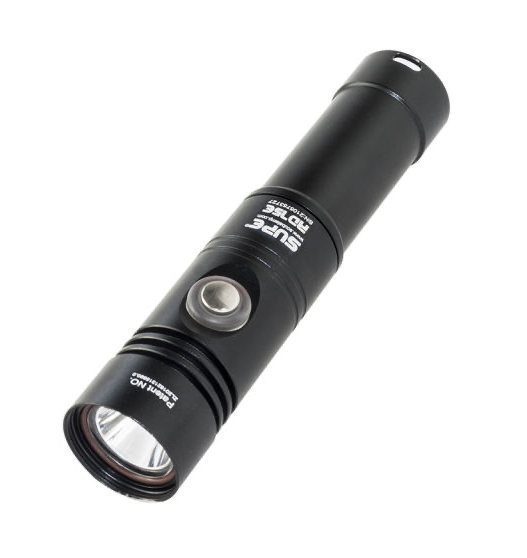 SUPE Scubalamp RD75E LED Recreational Diving Torch - 1200 lumens
SUPE Scubalamp RD75E LED Recreational Diving Torch - 1200 lumens

